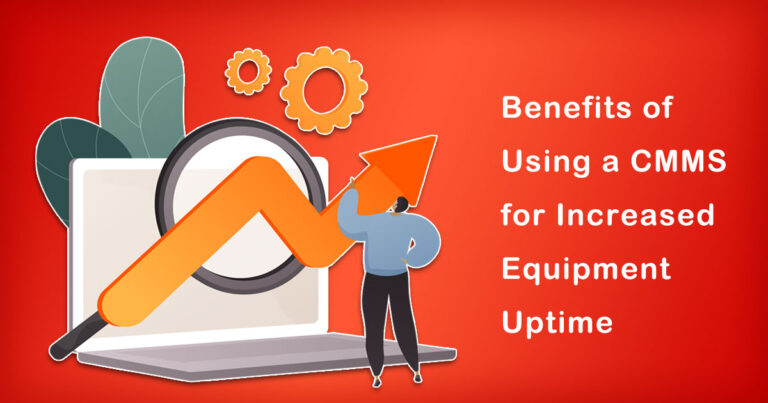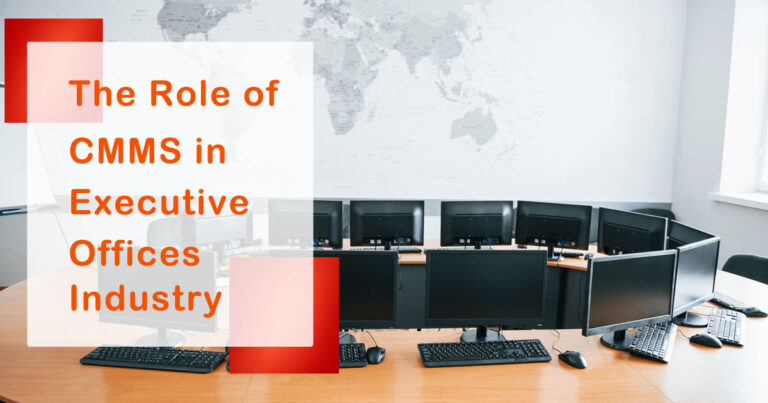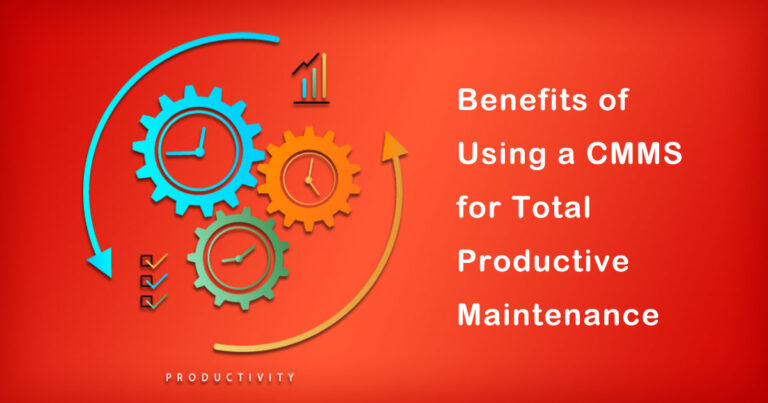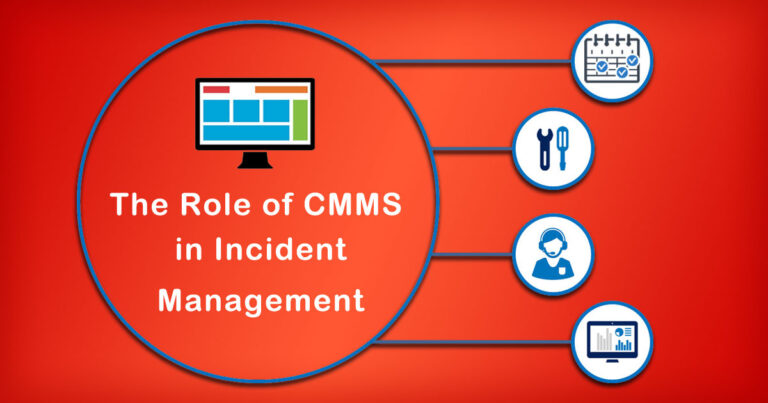Introduction
In today’s globalized business landscape, outsourcing and offshoring have become increasingly prevalent practices. As companies seek to optimize their operations and reduce costs, they often turn to consulting firms specializing in outsourcing and offshoring. However, managing these complex processes efficiently requires robust tools and systems. This is where Computerized Maintenance Management Systems (CMMS) come into play. In this blog, we will explore the role of CMMS in the outsourcing and offshoring consulting industry, with a specific focus on the Indian context.
Understanding CMMS
CMMS refers to Computerized Maintenance Management Systems, which are software applications designed to streamline and automate maintenance operations. While originally developed for managing physical assets, CMMS has evolved to encompass a broader range of functions, including resource allocation, work order management, and data analysis. These features make CMMS an invaluable tool for outsourcing and offshoring consulting firms.
Improved Asset Management
Outsourcing and offshoring consulting firms deal with a multitude of assets, both physical and virtual, as part of their engagements. CMMS helps in the efficient management of these assets, ensuring they are utilized optimally and remain in a good working condition. By using CMMS, consulting firms can track the lifecycle of assets, schedule preventive maintenance, and minimize downtime. For example, in an IT outsourcing scenario, CMMS can help track the software licenses, hardware inventory, and maintenance schedules, ensuring that all resources are utilized effectively.
Streamlined Workflows
Outsourcing and offshoring consulting engagements involve complex workflows and processes, often spanning multiple locations and time zones. CMMS provides a centralized platform to manage these workflows efficiently. Through automation and standardization, CMMS reduces manual errors, eliminates duplication of efforts, and improves overall productivity. The ability to create and assign work orders, track progress, and communicate with team members within the CMMS platform enhances collaboration and ensures smooth project execution.
Enhanced Data Analysis
Data analysis plays a crucial role in outsourcing and offshoring consulting engagements. CMMS provides valuable insights by capturing and analyzing various data points throughout the project lifecycle. This data can include maintenance history, asset performance metrics, resource utilization, and cost trends. By leveraging these insights, consulting firms can make data-driven decisions, identify areas for improvement, and optimize their outsourcing and offshoring strategies.
Integration with Enterprise Systems
CMMS can integrate with existing enterprise systems, such as Enterprise Resource Planning (ERP) and Customer Relationship Management (CRM) software. This integration enables seamless data exchange between different systems, eliminating data silos and providing a holistic view of the outsourcing and offshoring operations. For instance, integrating CMMS with ERP can provide real-time visibility into inventory levels, procurement processes, and financial data, allowing consulting firms to make informed decisions about outsourcing partners and resource allocation.
The Indian Context
India has emerged as a leading destination for outsourcing and offshoring services due to its large pool of skilled professionals, cost advantages, and mature service providers. In the Indian context, CMMS plays a critical role in ensuring operational efficiency and maintaining service quality. With a vast workforce spread across various locations and time zones, CMMS helps in managing distributed teams, coordinating activities, and monitoring performance.
Additionally, CMMS can aid in complying with regulatory requirements and industry standards. For example, in the healthcare outsourcing sector, CMMS can help maintain compliance with privacy and security regulations such as the Health Insurance Portability and Accountability Act (HIPAA).
Conclusion
In the outsourcing and offshoring consulting industry, Computerized Maintenance Management Systems (CMMS) serve as indispensable tools for managing complex operations efficiently. CMMS enables improved asset management by tracking the lifecycle of assets, scheduling preventive maintenance, and optimizing resource utilization. Streamlined workflows through automation and standardization help eliminate errors, duplication of efforts, and enhance collaboration among team members in different locations and time zones.
The data analysis capabilities of CMMS provide valuable insights for data-driven decision-making, identifying areas for improvement, and optimizing outsourcing and offshoring strategies. Integration with enterprise systems such as ERP and CRM ensures seamless data exchange and a holistic view of operations.
In the Indian context, where outsourcing and offshoring services are widespread, CMMS plays a crucial role in maintaining operational efficiency and service quality. With a vast workforce and regulatory requirements to consider, CMMS assists in managing distributed teams, coordinating activities, and ensuring compliance with industry standards and regulations.
As the outsourcing and offshoring industry continues to evolve, CMMS will remain an essential tool for consulting firms, enabling them to streamline operations, optimize resource allocation, and deliver high-quality services to their clients. Embracing CMMS in the Indian context and beyond will help drive efficiency, productivity, and success in this dynamic business landscape.








